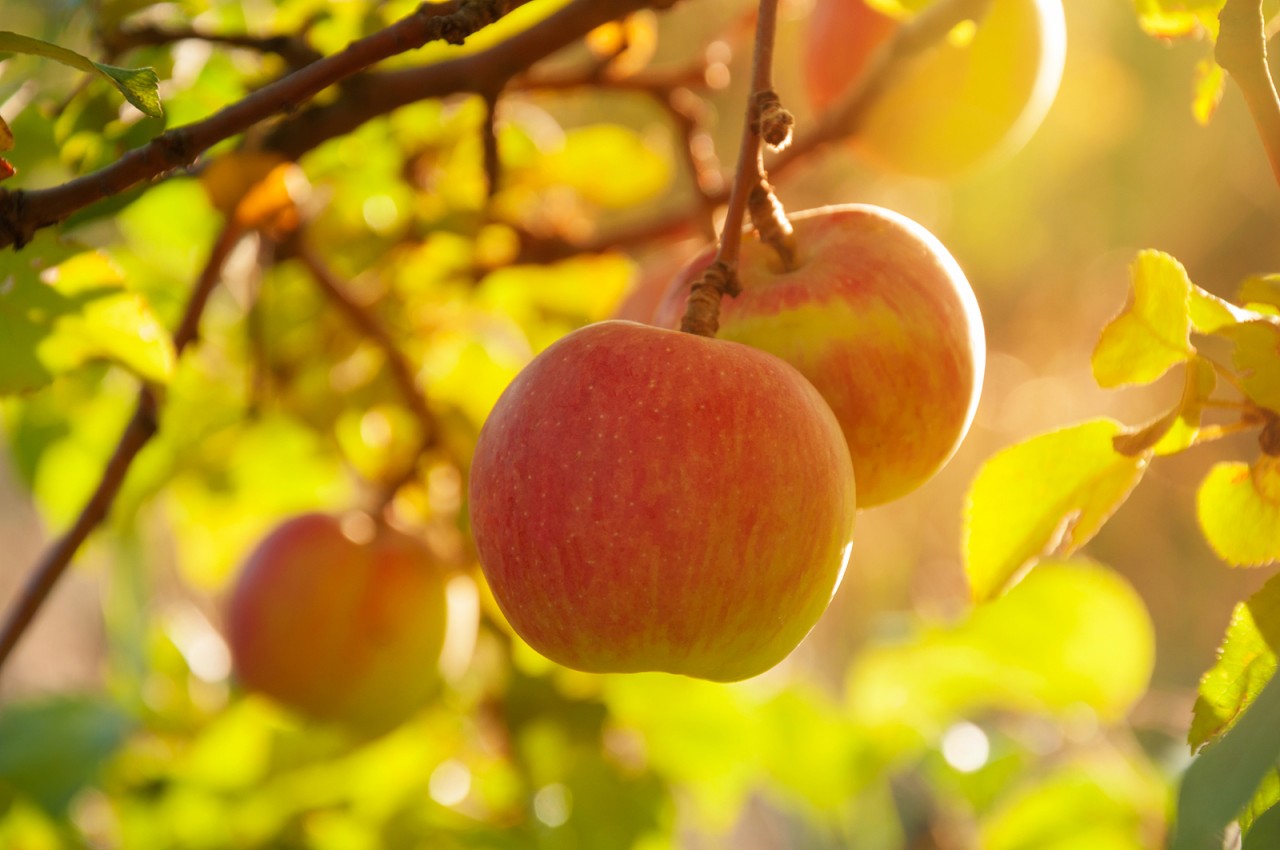It’s hard to explain how perfect something is when it’s ripe—not only in flavor but also in medicinal and nutritional value. Of these three elements we tend to focus the most on flavor and fail to consider all the benefits of fully ripen produce. Science shows that antioxidants, vitamins, minerals and fats vary based upon ripeness and that many nutrients are never allowed to develop because of premature harvesting. Many people believe that ripening must occur while the fruit is still attached to the plant. However, depending on the fruit, it may occur more optimally on your kitchen cabinet.
According to the Oklahoma County OSU Extension Service, “Did you know that during warm weather you should harvest your tomatoes once they develop color but do not turn fully red? The red color in tomato fruit does not form when temperatures are above 86 degrees. Fruits allowed to ripen on the vine may be yellowish orange in extreme summer heat. For this reason, it is advisable to pick tomatoes in the pink stage and allow them to ripen indoors for optimum color development. About 70 degrees is ideal to ripen tomatoes.” The circumstances need to be right.
As a fruit ripens, enzymes break down the starches and pectin, and as they are being broken down, they are converted into sugar. This process softens the fruit. A loss of acidity results in increased sweetness. As the complex process continues, naturally-occurring ethylene gas works to promote ripening. Then you will begin to see a change in color, and oftentimes a wonderful scent will develop. Timing is everything!
Anyone who has ever sunken their teeth into a fresh, juicy, perfectly-ripened peach can testify to the benefits of ripening! Some fruits must mature on the plant (cannot be picked early and set out to ripen), but others have the ability to ripen after they have been picked. Those that have the superpower of ripening after picking are called “climacteric fruits.”
This is very handy and beneficial information to know. If you go to a supermarket or farmers market and purchase pears or apricots, you can confidently buy them a little bit firm, knowing that, after taking them home and leaving them on the cabinet for a few days, they will finish ripening and will be delicious. On the other hand, non-climacteric fruits such as strawberries and grapes are not going to improve with time. Instead, they will begin to show signs of decline and spoilage the longer that they are left out.
This is also good information to know when you are harvesting the produce from your home garden. If you are fighting pests, you can harvest the climacteric fruits before the bugs get them and allow them to finish ripening in a safe spot. However, you don’t want to bring in the non-climacteric fruits before they are ready and end up with a subpar or low quality harvest.
When we consume something that is fully ripe and in its prime, it’s a beautiful thing. It is pleasing to our taste, offers nutrition and healing to our body and is a blessing. God’s Word tells us that it’s the very same with the timeliness of a good word. Prove. 25:11 says, “Like apples of gold in settings of silver is a word spoken in right circumstances.”
Pause for just a moment and remember a time when someone said just the right thing to you at just the right moment. Perhaps it was a complement or a word of instruction or encouragement. The fact that you still remember it lets you know that it made an impact. It might have only been a few words, but they came to you in a timely fashion when the circumstances were right.
As God’s people, we have the opportunity to speak light into a dark world, blessing into cursing and hope into despair. Words mean things, and they are powerful! Prov. 18:21 says it like this, “Death and life are in the power of the tongue, and those who love it will eat its fruit.” Death and life are in the power of YOUR tongue. Choose to bless others with the healing power of perfectly ripened words.






